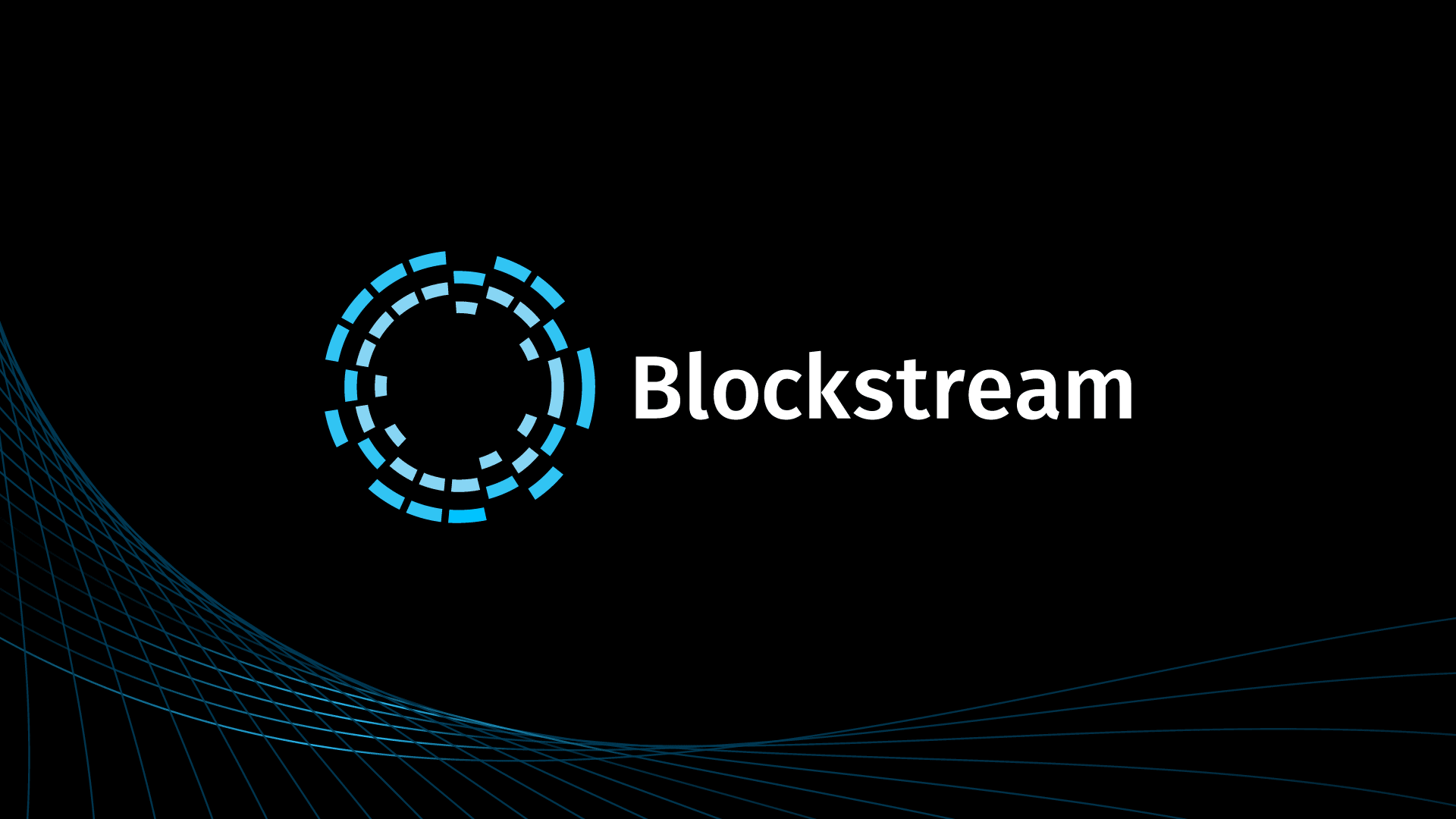Blockstream’s Christopher Allen also spoke at this year’s Blockchain Protocol Analysis and Security Engineering 2018 conference (BPASE ‘18). His topic was smart signatures, focusing on the increasing experiments in authorization that have been occurring in recent years.
Smart signatures are an extension of classic digital signatures, and they have a similar purpose: authorization. However, where classic digital signatures depend on third parties to define the trust policy for a signature, smart signatures instead embed their trust policies in the signature itself. This capability is supported by predicate scripting languages, which can be used to empower multifactor expressions, signature delegation, and transactional support.
In his talk, Allen proposed six different requirements for these new, smarter signatures. He suggested that any smart signature language should be composable, inspectable, and provable, to maximize security and to ensure that signatures are both casually and formally analyzable. He also noted that they needed to be parts of systems that were deterministic, bounded, and efficient, so that they can be run anywhere, with the same results.
Bitcoin Script is, of course, the forerunner for smart signatures. It’s well-tested and well-trusted, but also limited — though new extensions such as Schnorr signatures and MAST will soon be changing that. Allen also detailed many new experiments in smart signatures that are rapidly innovating the space. Blockstream’s Simplicity language for blockchains most closely cleaves to Allen’s requirements for smart signatures, with provability being one of its most notable characteristics. Allen also discussed other ongoing experiments such as Ivy, Dex, Σ-State, Crypto Conditions, and Michelson.
Allen’s talk ended with several open questions about smart signatures, such as how to how to ensure that they can support context, oracles, and revocation — a set of large questions that reveals the relative youth of the field.
The complete BPASE smart signatures video is available for online viewing. Additional details on the topic can be found in the paper “Smarter: Signatures: Experiments in Verification”, by Christopher Allen and Shannon Appelcline.
